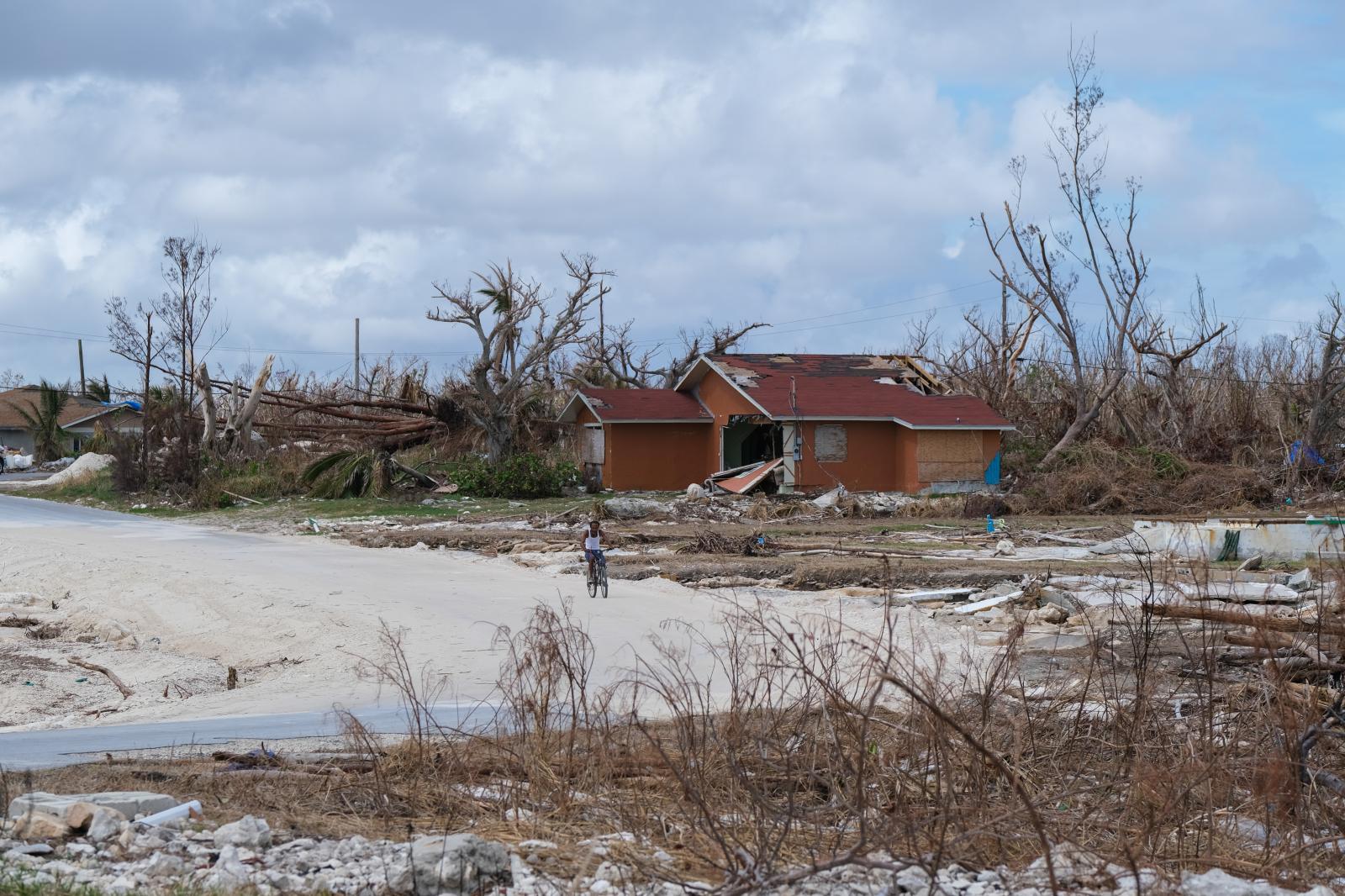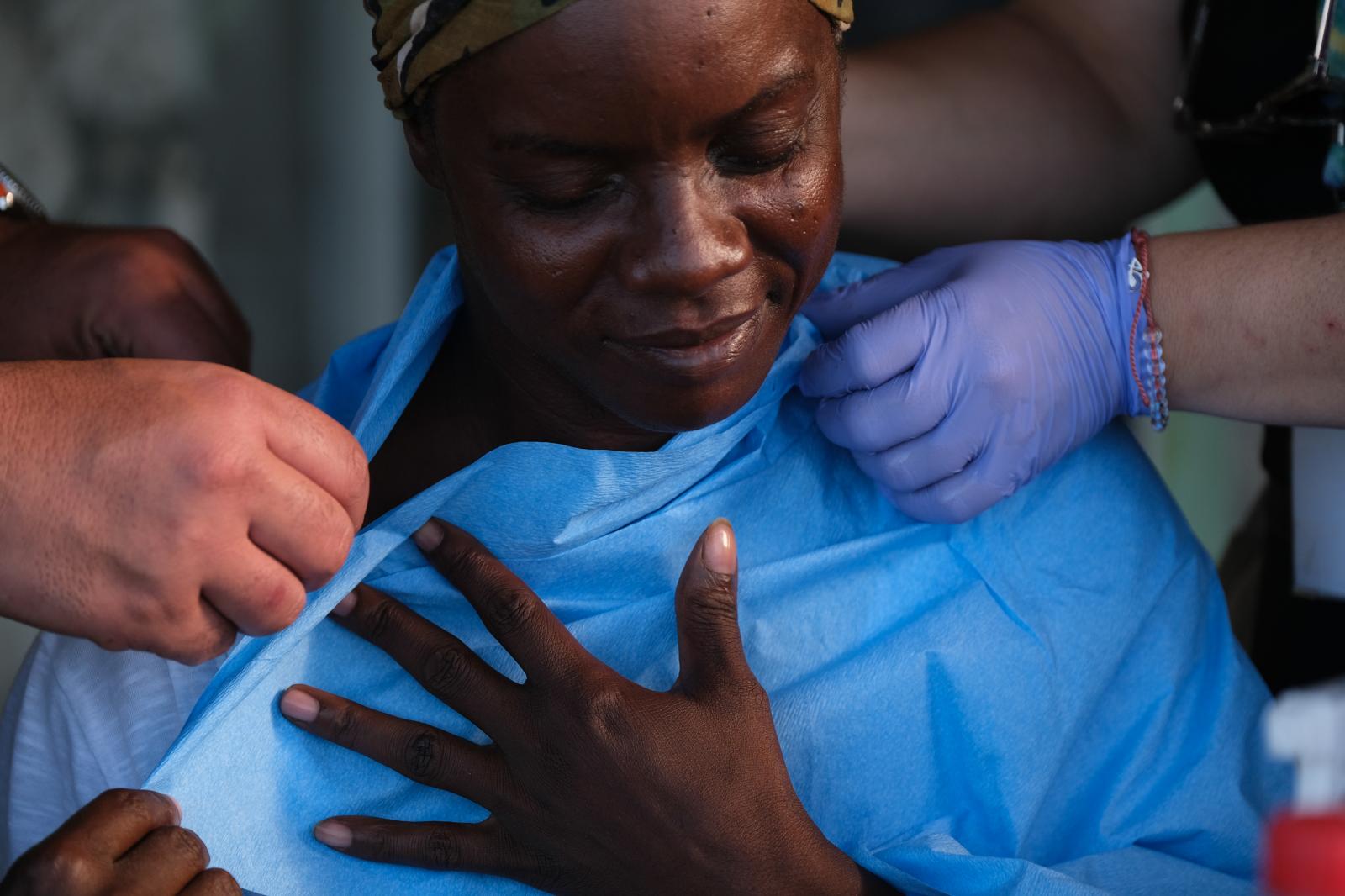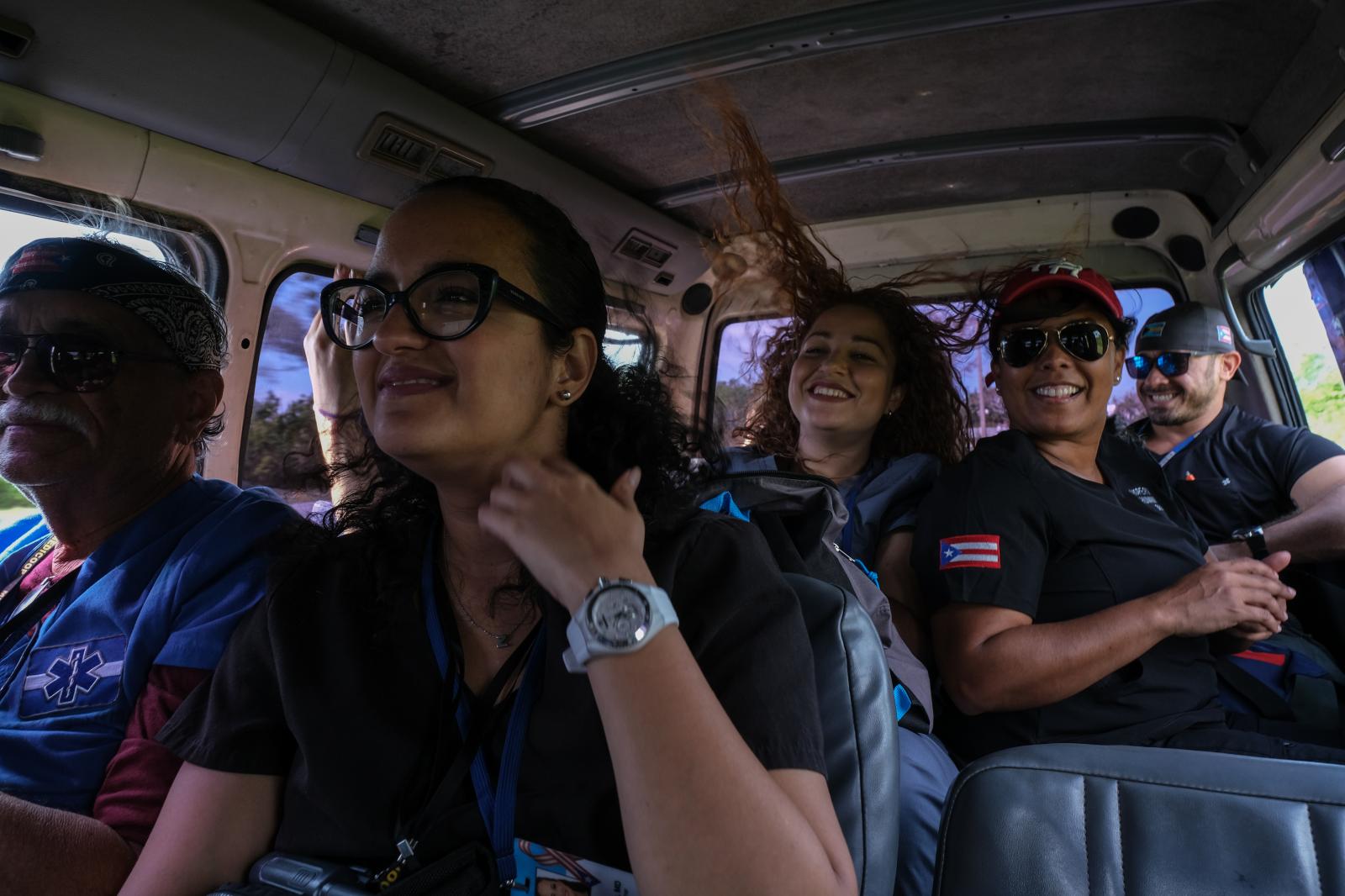Public Project
Preventing Excess Deaths in Post-Dorian Bahamas
During the first mission, just a couple of days after Dorian ravaged the island, they remained in Freeport providing medical aid to whoever needed; this time they sought out to reach the people of East Bahama, where damage was extensive and over 1000 people are considered missing.
Upon arrival to the international airport in Nassau, customs and border control took all their prescription medications and stated that the Bahamian government did not want doctors distributing medication on the streets, rather they wanted people to go to the clinics to access the medication. After hours of negotiation and presenting evidence of the documentation of each of the 10 individuals, customs allowed them to take 9 boxes with only over the counter (OTC) medication and vitamins.
They visited High Rock, east of Grand Bahama on Sunday, October 6, 2019 and attended over 100 people at the Emmanuel Baptist Church, where a crowd of 80 people attended Sunday mass (later more people arrived after the mass to attend the clinic and pick up donations).
The foundation is committed to field medicine, as they believe this is the most efficient manner to reach patients, particularly patients who might stay away from clinics because of immigration status and social class. After their experience in Puerto Rico after Hurricane María, they understand that most people don’t want to loose the few materials and resources they have left and therefore stay at home rather than visiting clinics. Haiti Se Pone De Pie seeks to attend these cases in which people cannot get out to the clinic or don’t want to because of the reasons stated above. They are using the knowledge learned after two years of Hurricane María in Puerto Rico to prevent excess deaths and medical emergencies in the Bahamas.
Shot on assignment for Reuters
5,971








